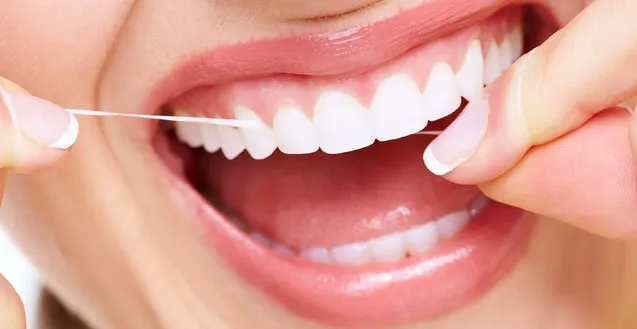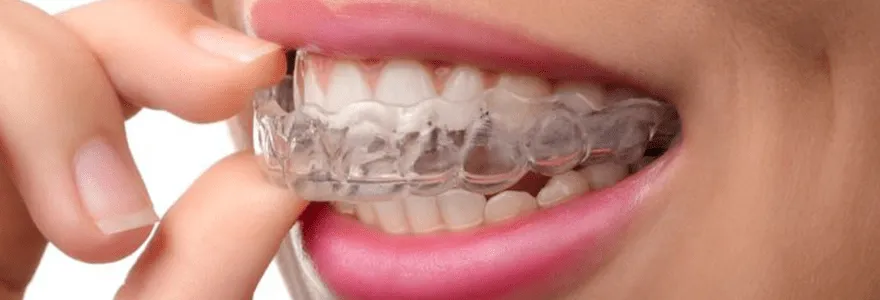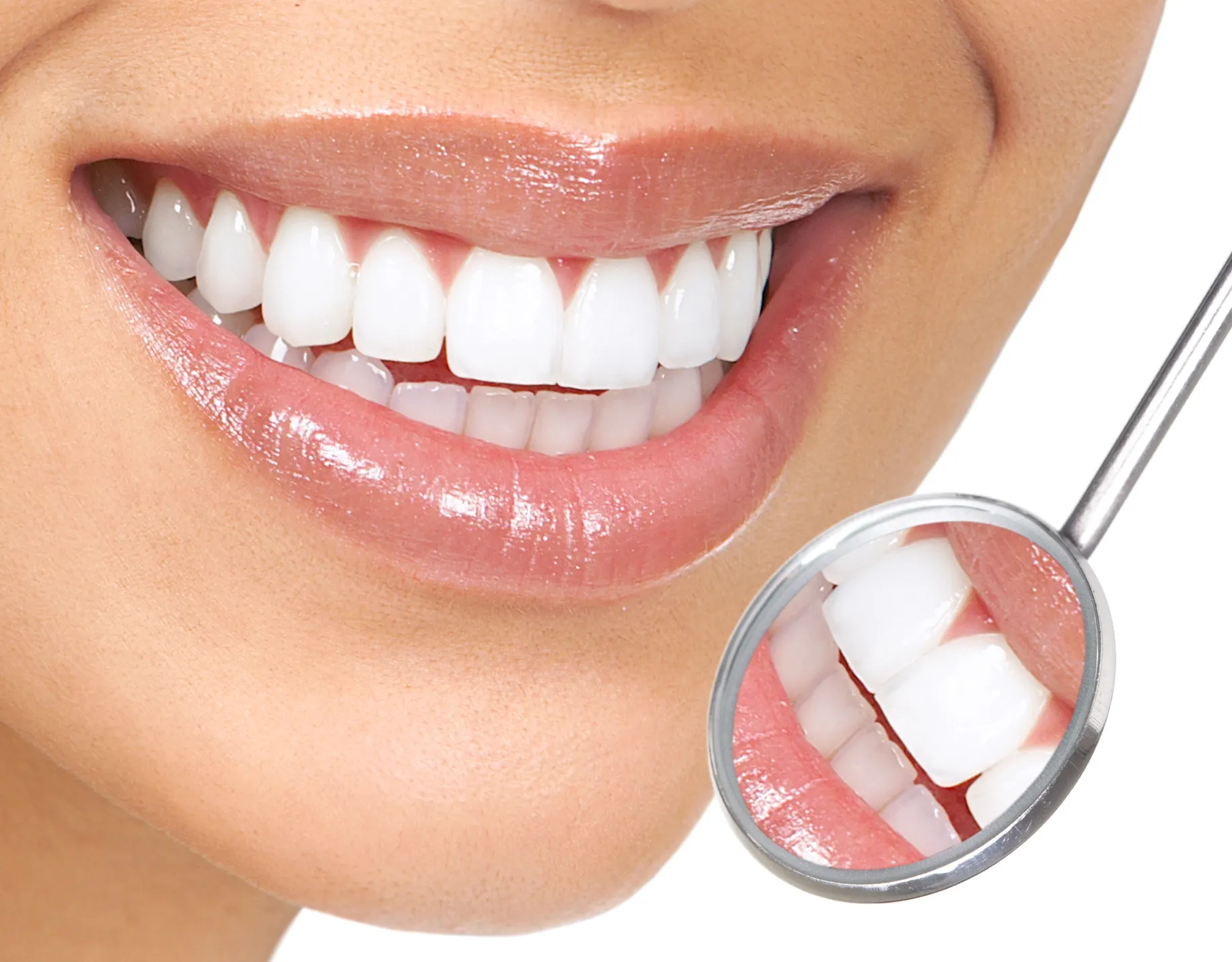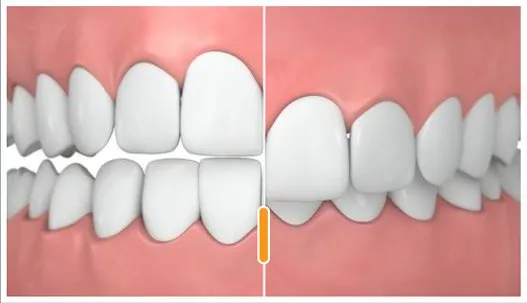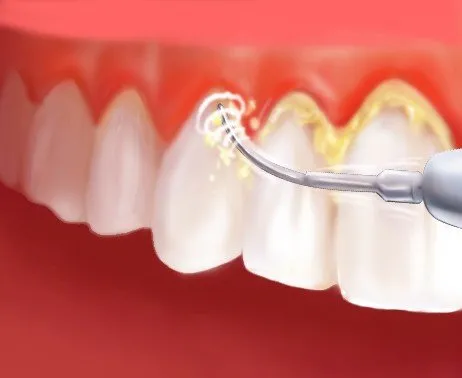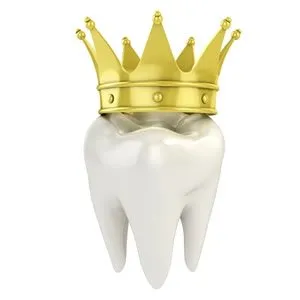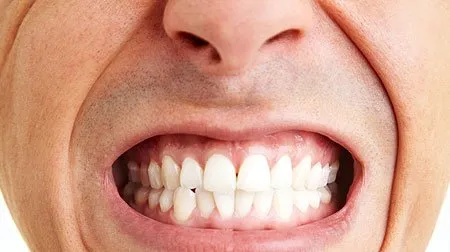Energy and Sports Drinks Damage Teeth
There is an alarming increase in the consumption of sports and energy drinks, especially among adolescents. It is causing irreversible damage to teeth – specifically, the high acidity levels in the drinks erode tooth enamel, the glossy outer layer of the tooth. Young athletes consume these drinks assuming that they will improve their sports performance and energy levels. Most of them are shocked to learn that these drinks are essentially bathing their teeth with acid. Damage caused to tooth enamel is irreversible, and without the protection of enamel, teeth become overly sensitive, prone to cavities, and more likely to decay. Sports drinks were made to keep your body hydrated and energized during intense exercise. While they may be beneficial during a good workout, these drinks should never take the place of water and should not be consumed casually or on a daily basis. Tips to protect your teeth if you drink energy/sports drink: Don’t make it a daily habit. Drink sports drinks only during high intensity workouts, not on a regular basis, and minimize the amount of energy drinks you consume. Drink it all at once instead of sipping throughout the day. Chew sugar-free gum or rinse the mouth with water following consumption of the drinks. Both tactics increase saliva flow, which naturally helps to return the acidity levels in the mouth to normal. Wait at least an hour to brush your teeth after consuming sports and energy drinks. Otherwise, you will be increasing the erosive action. If you have more questions about sports or energy drinks, call us or visit us. We’re happy to hear from our patients.


